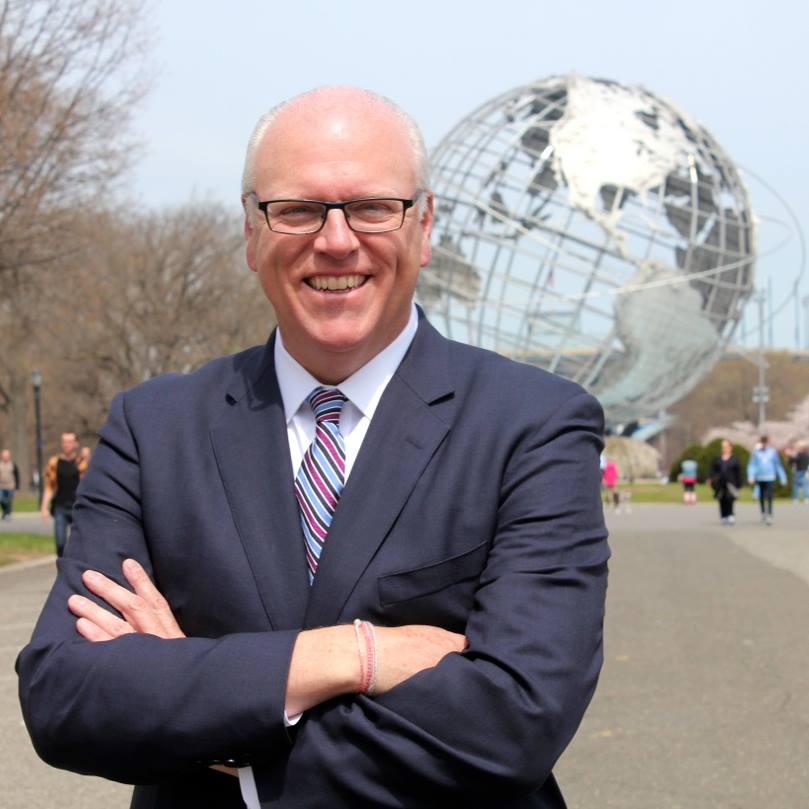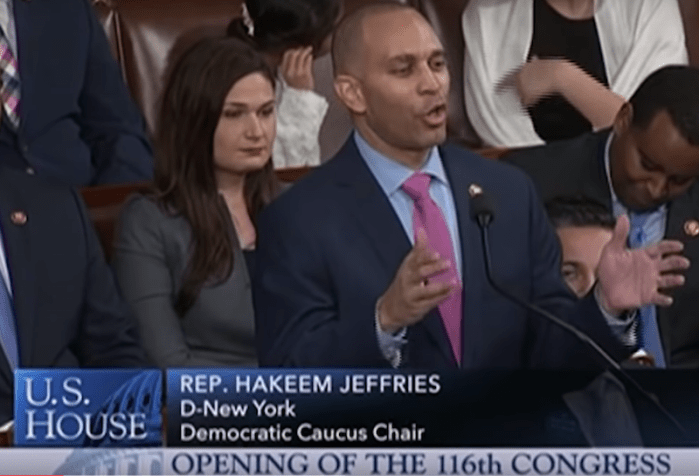Meeks, Crowley Tag Team Against House 21st Century Flood Reform Act
The Republican-led measure passed the House 237-189.

“If the House plan were to become law, 83 percent of one-to-four person families in New York would see their premiums increase by at least 6.5 percent in one year. The House plan would kick low- and moderate-income homeowners to the curb by removing lower value homes from the National Flood Insurance Program,” said Meeks. “Furthermore, other than raising premiums on already-struggling policyholders, the bill does nothing to cover the National Flood Insurance Program’s $24.6 billion debt, which is unsustainable considering the increased frequency of severe storms. A lot of the House proposal simply sets up the program for failure.
“Despite my opposition, I believe my Republican counterparts have been receptive to many of the concerns raised by my Democratic colleagues and me. As a member of the House Committee on Financial Services, I offered an amendment removing proposals that would severely hurt New Yorkers and co-sponsored a package of administrative reforms to ensure future storm victims never face the bureaucratic hurdles and private sector fraud that New Yorkers experienced after Sandy.
“My amendment struck a Republican proposal that would have disallowed new construction in Special Flood Hazard Areas. In New York City alone, 400,000 residents live in Special Flood Hazard Areas and many are located in communities in my district like the Rockaways and Broad Channel. I advocated hard to strip this provision and it is no longer in the House proposal.
“My amendment also struck a Republican proposal that would have eliminated grandfathering. Twenty-five percent of New Yorkers in the floodplain struggle to afford flood insurance. That number will increase to 33 percent once maps are updated. Removing grandfathering would have intensified this problem, making flood insurance even less affordable for all Americans. After much back and forth, this provision is no longer in the House proposal, either.
“Furthermore, the House proposal includes administrative reforms sponsored by myself and fellow New Yorkers Nydia Velazquez, Carolyn Maloney, Louise Slaughter, and Lee Zeldin. Our proposal establishes penalties for “Write Your Own” companies if they fraudulently underpay claims, a problem that plagued New York after Sandy. The proposal also speeds up the response time for NFIP claims, requiring approval or denial responses no later than 90 days after a claim is filed.
“Since the House plan includes a number of my recommendations and proposals, I am hopeful that we can work out more details with Republicans. Although I voted in opposition to 21st Century Flood Reform Act, I will collaborate with Minority Leader Chuck Schumer and Senator Kirsten Gillibrand to ensure that the Senate passes a more acceptable proposal. From there, I hope we can reach more bipartisan agreements to reauthorize and reform the National Flood Insurance Program in a way that makes the program more affordable and sustainable.”

Crowley said House Republicans approved a flood insurance program that does nothing to address the real issues facing homeowners in flood-prone regions, such as Edgewater in his district.
“This bill will force middle-class families to pay more to secure their homes, will break promises we’ve made to longtime homeowners whose properties are in flood-prone areas, and completely ignores why Americans are increasingly at risk for floods,” said Crowley.
“Advancing a punitive flood insurance program while doing nothing to combat the long-term effects of climate change is not a suitable response for my constituents in Queens and the Bronx, or for Americans across the country. Republicans should have joined Democrats to create a compromise bill that ensures families can afford national flood insurance, while also committing federal resources to limit the degree of damage that floods can cause. We need a serious solution for this very serious problem, and I am disappointed my Republican colleagues are playing politics with people’s lives and livelihoods rather than promoting real solutions.”










